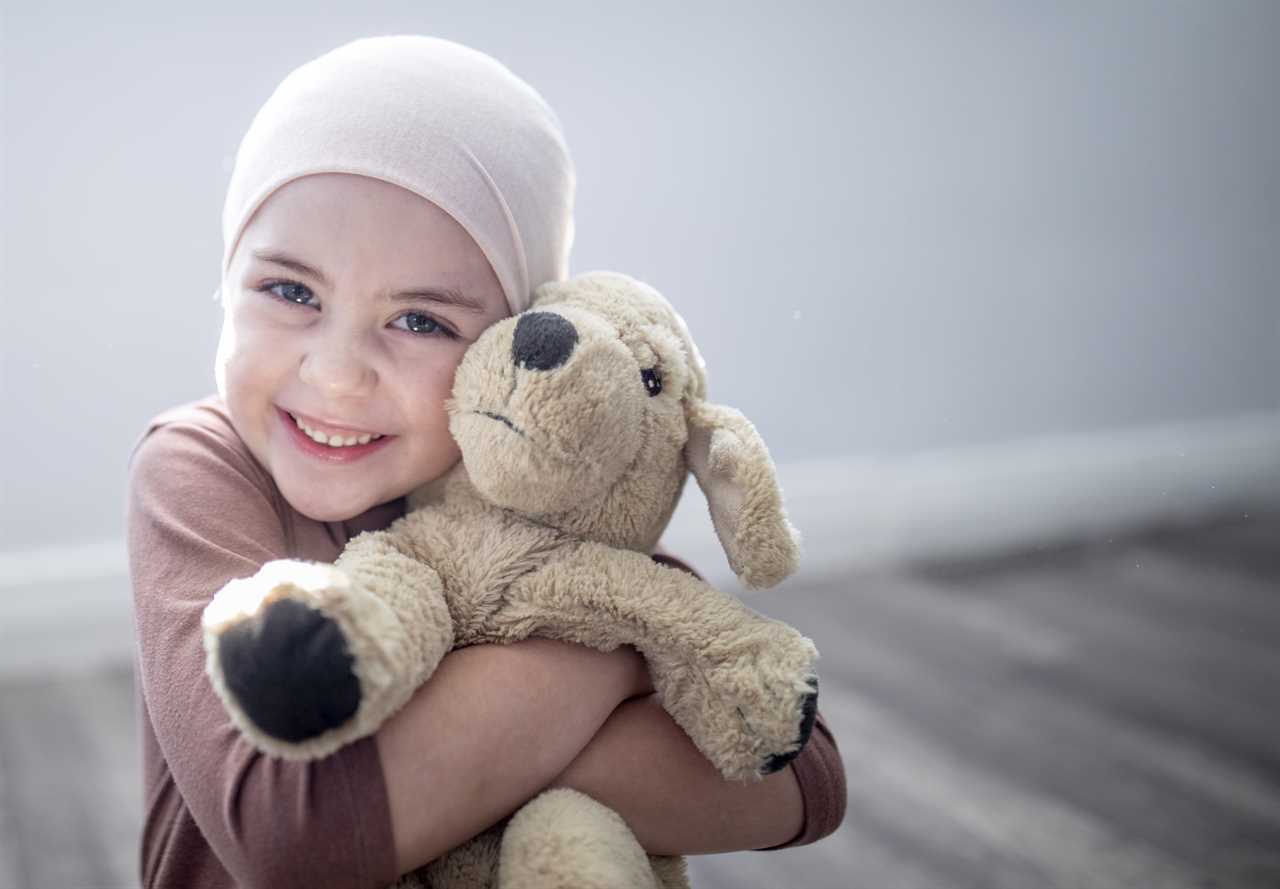UTIs during pregnancy could increase your child’s risk of leukaemia, a study claims.
Danish researchers found cases of the deadly blood cancer were up to 65 per cent more likely if their mother had the infection while expecting.

Leukaemia is the most common cancer in children in Britain, with more than 650 found to have it annually
The team tracked rates of the disease in more than 2.2million children born over 37 years.
They found having any maternal infection increased the risk of leukaemia by more than a third, but not other types of childhood cancer.
Lead author Jian-Rong He, of the University of Oxford, said: “Urinary tract infections during pregnancy are associated with a higher risk of childhood leukaemia in offspring.
“Given little is known about the cause of childhood leukaemia, these findings suggest an important direction for research as well as development of potential preventive measures.”
Independent experts said the study adds to the growing body of evidence linking the condition to factors affecting children in the womb.
But they insisted the chances of developing the disease are still very low.
Dr Helen Bailey, of Curtin University in Perth, Australia, said: “Children born to mothers who had infections during pregnancy had a higher chance of developing leukaemia.
“However, the absolute risk of developing leukaemia was small since it is a rare condition.
“This was a well conducted study using data from Denmark, which is well known for its high-quality population- level health information. “
She added: “The findings of this study add to what is known about the origins of the disease.
“As leukaemia mainly occurs in children aged under five years, it is thought that it may be triggered by events before birth or in early life.”
Around 9,900 new cases of leukaemia are diagnosed in the UK every year.
It is the most common cancer in children, with more than 650 found to have it annually.
Experts are not sure exactly what causes it, but believe exposure to intense radiation, chemicals including benzene and some viruses increase the risk.
Symptoms include tiredness, anaemia, repeated infections and increased bruising or bleeding.
Patients are treated with a combination of chemotherapy, radiotherapy and stem cell or bone marrow transplants.
The latest study, published in JAMA Network Open, tracked leukaemia rates in all children born in Denmark from 1978 to 2014.
It also tracked rates in children born in Sweden from 1988 to 2014.
They cross referenced this with data with whether the child’s mother had an infection during pregnancy, including urinary tract infections or genital infections.
Genital infections, such as bacterial vaginosis or chlamydia, increased the risk by more than double.
Other illnesses, including respiratory — like a cold — and digestive — like a stomach bug — infections had no effect on leukaemia risk.






